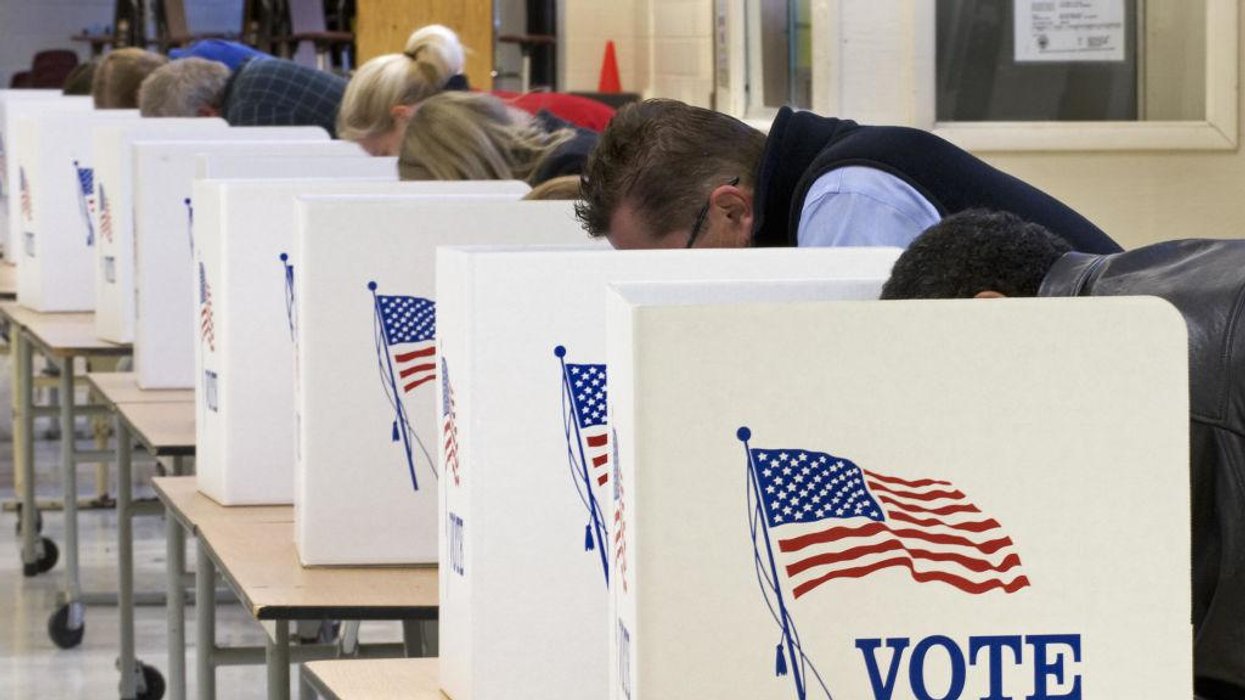People favor an increase in female candidates and some think they often do a better job in office than men — but they are less certain that a woman can defeat Donald Trump in the 2020 presidential election.
That is among several intriguing results of a survey released Thursday by All in Together, a nonpartisan political education nonprofit that urges women to participate in civic life and politics in particular.
The survey of 1,000 registered voters was conducted Aug. 2-9 and has a margin of error of 3.5 percentage points.
More than half of respondents (58 percent) said that more female candidates has "been a good thing for the country." Also, 42 percent of women and 23 percent of men said that women in elected officials do a better job that men.
Still, while survey participants favored the generic Democratic candidate over Trump in next year's election by a 53 percent to 35 percent margin, the numbers changed when people were asked about the chances of a woman defeating Trump.
In that matchup, Trump had a 9-point advantage.
Other findings in the poll:
- About 70 percent said the country is very politically divided, and women are slightly more optimistic about the coming years — 57 percent believe the United States will be as divided in two to three years, compared to 64 percent of men.
- Two-thirds said Trump's 2016 election has made them more motivated to vote in 2020. Democratic women, at 79 percent, are the most motivated by Trump.
- Nearly half said Trump has made things in Washington worse, with the expected partisan divide of 81 percent of Democrats saying he made things worse, with 61 percent of Republicans saying Trump made things better.
- Three-fourths of Democrats say they are paying more attention to politics since the 2016 election, compared to 53 percent of Republicans.
"The polls point to a mismatch in motivation and action," said Lauren Leader, CEO of All in Together. "Democratic women are highly motivated to beat Trump in 2020 yet focus most of their energy on social media rather than committing to going out and working to help their preferred candidate."






















